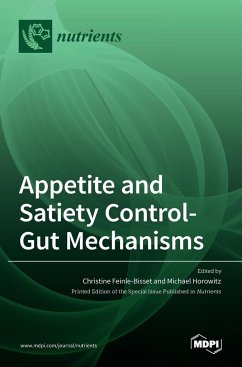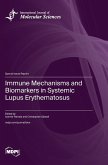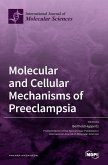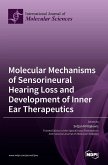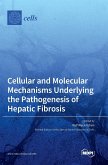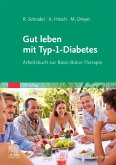The prevalence of obesity and its comorbidities, particularly type 2 diabetes, cardiovascular and hepatic disease and certain cancers, continues to rise worldwide. Paradoxically, despite an increasingly obesogenic environment, particularly in Western societies, undernutrition is also extremely common. The application of novel, sophisticated techniques, particularly related to imaging and molecular biology, has substantially advanced our understanding of the mechanisms controlling appetite and energy intake. This has led to a redefinition of many concepts, including the relative importance of central versus peripheral mechanisms, recognising that the gastrointestinal (GI) tract, particularly gut hormones, plays a critical role. Given the major advance in knowledge in the field, this Special Issue provides a comprehensive overview of the GI mechanisms underlying the regulation of appetite and energy intake, as a series of definitive reviews by international authorities. The reviews address gut-related mechanisms, including nutrient sensing, gut hormones and GI motility, gut-brain communication, including the roles of the vagus and the modulation of reward perception, the roles of diet and the microbiota, as well as the abnormalities associated with eating disorders, specifically obesity and anorexia of ageing, and the beneficial effects of bariatric surgery. The reviews cover both preclinical research and studies in humans, and are complemented by a number of important original papers.
Hinweis: Dieser Artikel kann nur an eine deutsche Lieferadresse ausgeliefert werden.
Hinweis: Dieser Artikel kann nur an eine deutsche Lieferadresse ausgeliefert werden.

